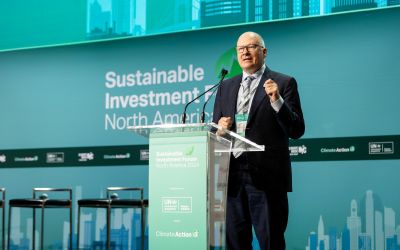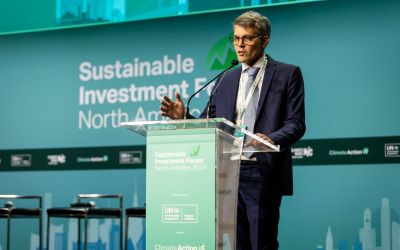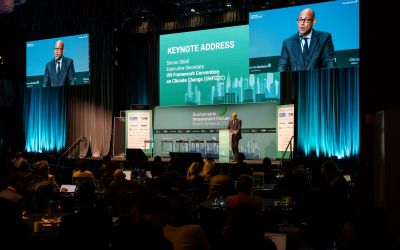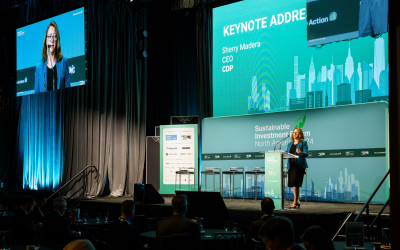Vans headquarters in California recognised for tremendous sustainability
Vans’ corporate headquarters located in Costa Mesa, California have received a LEED platinum certification- one of the highest standards for sustainable buildings in the world.

Vans’ corporate headquarters located in Costa Mesa, California have received a LEED platinum certification- one of the highest standards for sustainable buildings in the world.
The skateboard apparel company moved into its new headquarters in 2017 and was determined from the beginning to make them eligible for a LEED platinum certification.
Located on a 14-acre site, the premises accommodate more than 500 employees. The 182,000 sq ft centre houses 5 fully merchandised showrooms with upcoming collections, a retail mock store, and a working library.
The entire premises’ energy needs are met with 100 percent solar power, and more specifically through an impressive 1 megawatt (MW) solar power plant located in the carport.
The installation cost $3 million- an investment which the company estimates will pay itself in less than 4 years especially due to the California state incentives and the region’s high solar radiation.
"We're probably one of the most sustainable buildings in Orange County”, Cheryl Van Doren, Vice President of human resources, has said.
Vans employees are encouraged to use electric vehicles as the company has deployed 38 electric vehicle charging stations free for everyone to use, with the electricity being supplied by the solar power plant.
Besides the fact that the headquarters are 100 percent energy self-sufficient and carbon-free, the company has incorporated cutting-edge lighting, heating and cooling technologies which make the building 48 percent more efficient than what the building code requires.
Kim Matsoukas, Vans Sustainability Manager, recalls: “I walked in that first day, and I was really proud”.
As she explained, the building was formerly home to a pharmaceutical company and was equipped with very inefficient cooling and heating systems, which meant that Vans needed to renovate the whole property.
In the future, the company aims for its headquarters to become a zero-waste facility. To this end, it has deployed a comprehensive recycling and composting programme along with small incentives to achieve behavioural change. For example, reusable cup and mug stations discourage single-use waste.
All the employees have the opportunity to participate in multiple “Green Teams” and in clean-up projects, sustainability workshops, and lectures. The aim is to communicate the message of sustainability clearly so that it follows employeeseven outside their work environment.
Ms Matsoukas added: “There is the human element, I think, that is a big benefit that is often overlooked in sustainability. Young people want to work somewhere that has a purpose and is doing things for their community”.





